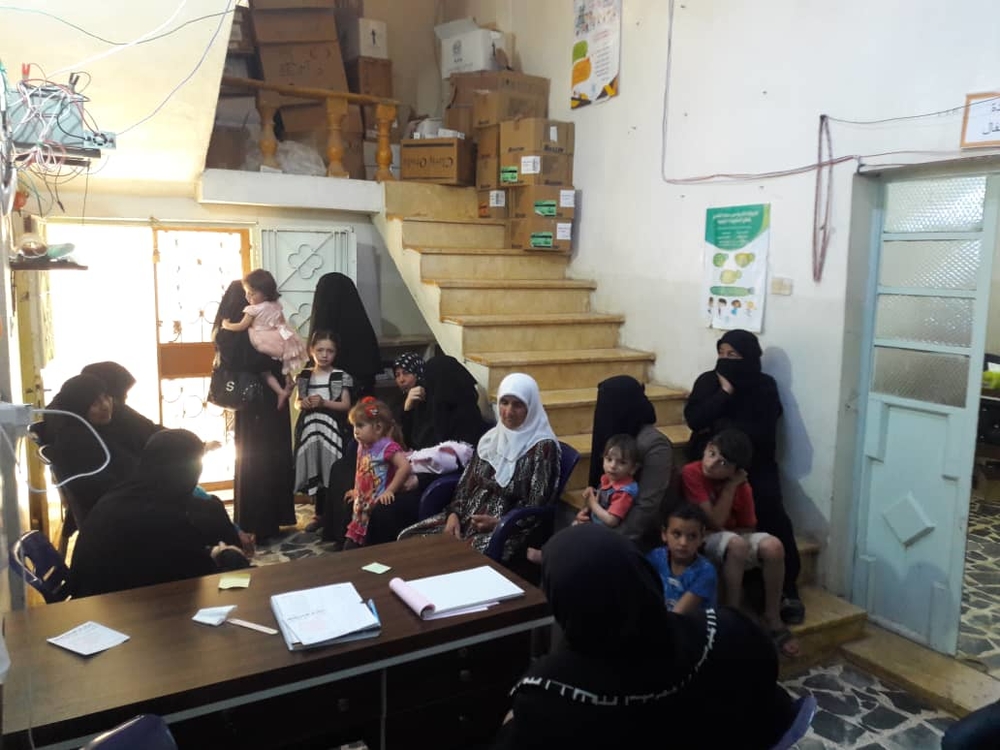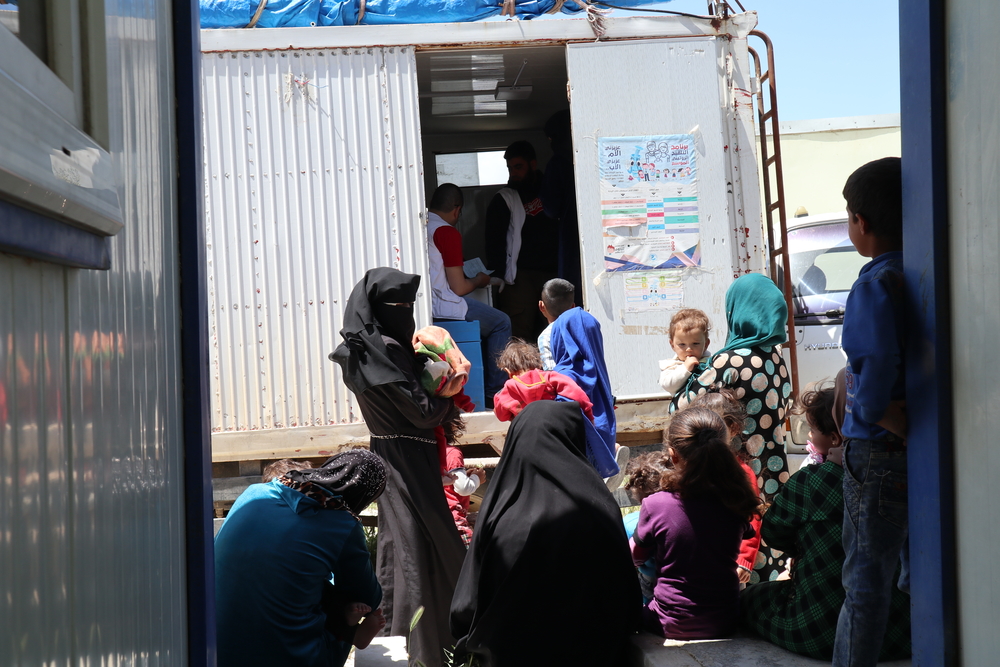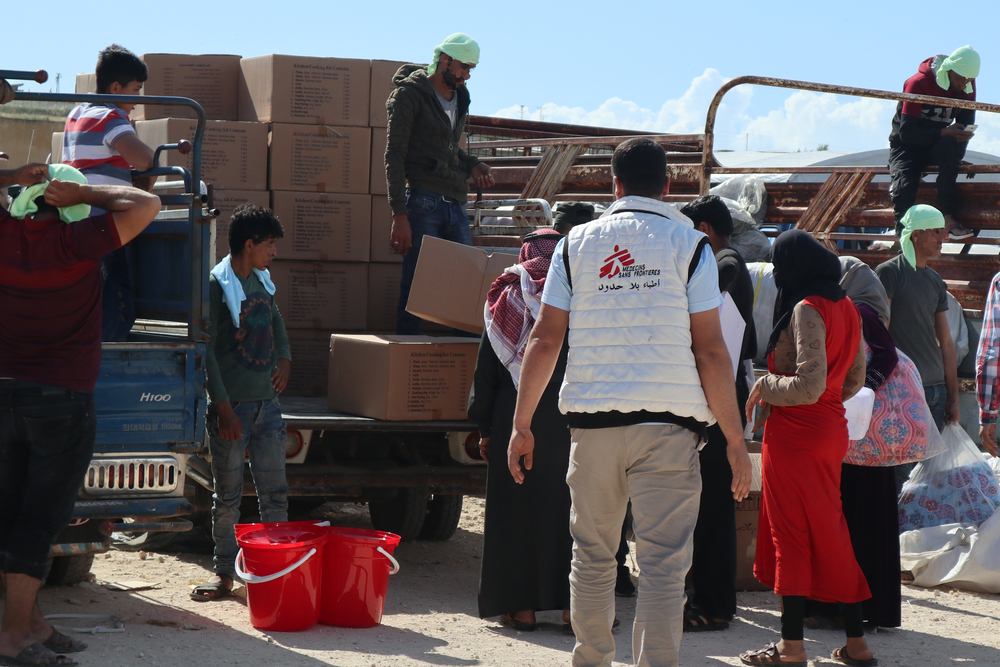Medical teams at hospitals in the area supported by Médecins Sans Frontières/Doctors Without Borders (MSF) have faced mass-casualty influxes – when 10 or more wounded arrive at once – on multiple occasions over recent weeks. Earlier this month, an MSF-supported hospital received over 35 wounded from airstrikes in the space of just 48 hours. Another facility receiving MSF support treated 50 casualties that same week.
The military offensive was launched by Syrian government forces and their allies in late-April on southern Idlib and northern Hama governorates, which are within an existing ‘de-escalation zone’. Civilian infrastructure – including medical facilities, schools, markets and camps for displaced people – has been hit and damaged in the offensive. One MSF-supported hospital has been damaged by bombing, while other MSF-supported facilities have had to partially interrupt their services multiple times over recent weeks for fear of being hit.




